Experts point to country's successes and call for more understanding from the West
The world should respect the fact that China has chosen and implemented its own governance model and development path, according to U.S. experts on China.
"China is a very large country, and therefore, it's not an easily governable country," said Sourabh Gupta, a senior fellow at the Washington-based Institute for China-America Studies.
Gupta said that the emphasis on the rule of law has "served China really well".
He pointed out that only a "handful" of the Asian and African countries that came out of colonialism or imperialism in the late 1940s, '50s and '60s are on the road to becoming advanced countries.
Gupta praised China's governance model for "investing in its people in a very broad-based manner", including in such areas as healthcare, education and infrastructure.
The country has increased its emphasis on the rule of law over the past decade or so, and this has produced predictability and stability, he said.
The report Xi Jinping delivered at the opening session of the 20th National Congress of the Communist Party of China on Oct 16 emphasized that the rule of law is a profound revolution in national governance and the long-term stability of the Party and the State.
Gupta also said China has continued "making very good decisions" during the COVID-19 pandemic, referring to the "millions, or at least hundreds of thousands, of lives China has saved" as a result of its dynamic zero-COVID policy.
The expert said "a superiority complex" is one of the reasons Western countries, including the United States, often misunderstand China's governance.
"There is a lack of understanding as to how much internal consultation" takes place in the system, he said.
"As China has become a competitor to the West, it is easy — and actually, there is a vested interest in the West — to create stereotypes of China, not to hope or expect that the West will try to find out the means of how China goes about doing politics and succeeds. It is something they are not paying attention to or don't want to pay attention to," he said.
William Jones, Washington bureau chief of Executive Intelligence Review, said, "There is probably more effective political discussion and debate in China than in the United States these days," adding that in the U.S., "access to members of Congress by ordinary citizens is strictly regulated these days due partially to COVID and to the volatile political climate. People can rarely do more than vote once every four years or so for candidates that have largely been vetted by the party bureaucrats".
He said that in the U.S., "party divisions have become so serious that whatever one party proposes, the other party does its best to prevent it from being implemented. The Chinese system is definitely superior in this respect. That's why things get done in China but not here".
Jones noted the U.S. uses the term "good governance", which means that the government gets things done on behalf of the people, to depict a particular mode of operation consistent with so-called Western values.
"All the wars that the United States has initiated during the last decades to impose Western values have led to more chaos in the countries affected, whether we look at Iraq, Syria or Libya."
Jones said more needs to be done to enable the West to better understand China, such as people-to-people exchanges.
"There important inroads can be made, diplomatically and culturally, in the areas of sports and education to shift the narrative in the direction of truth," he said.








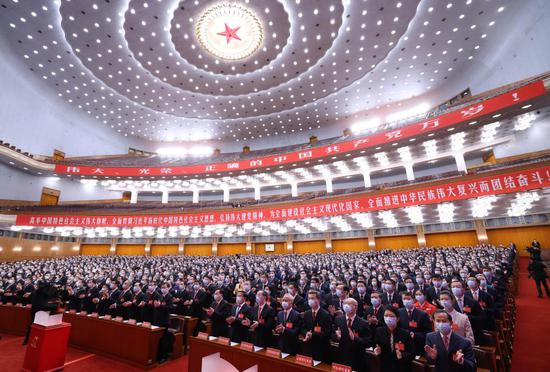
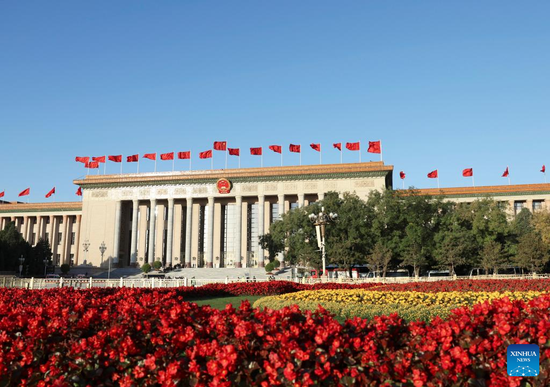
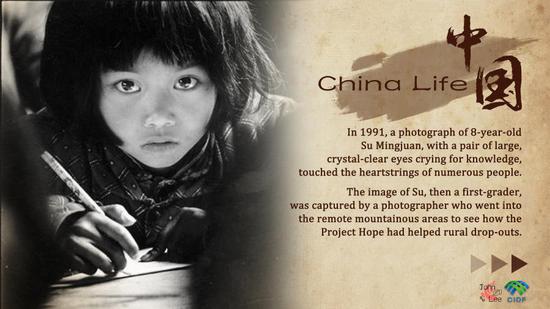
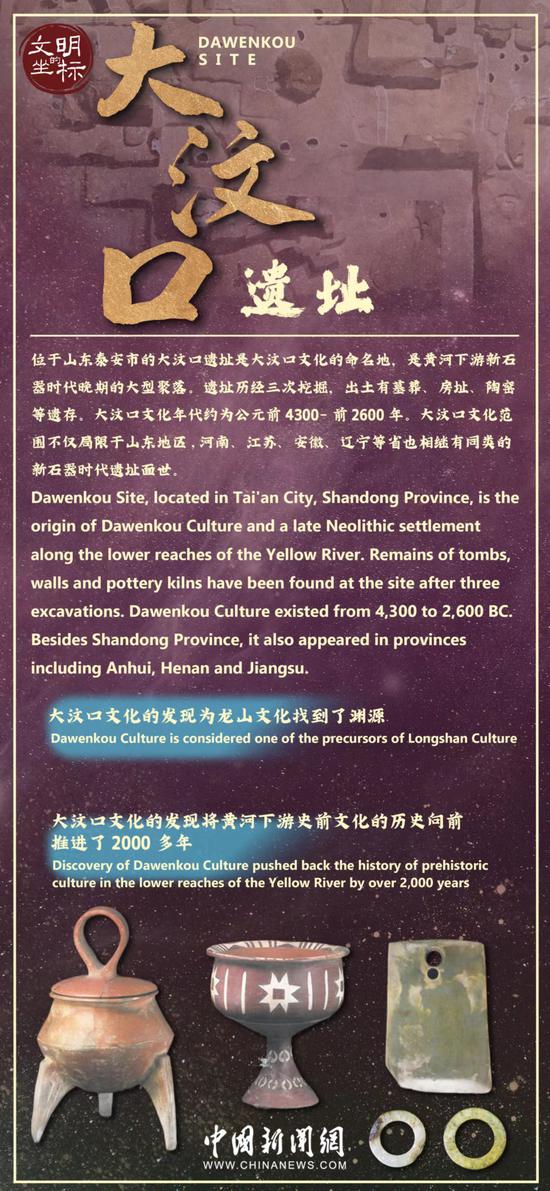





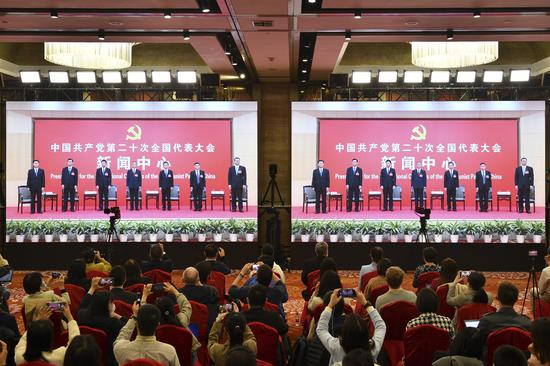



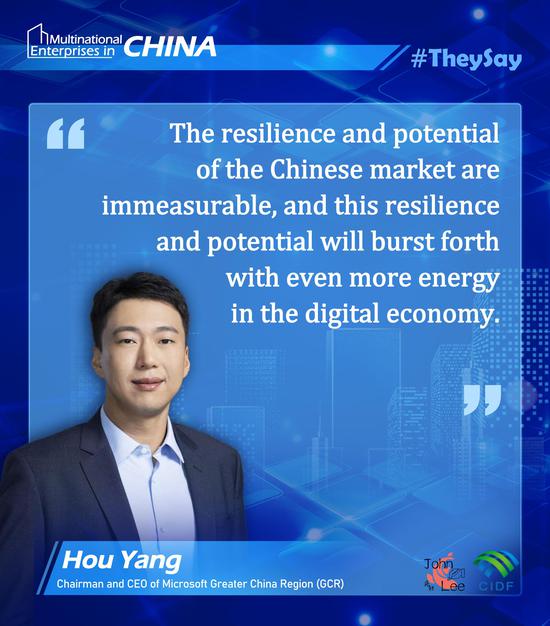
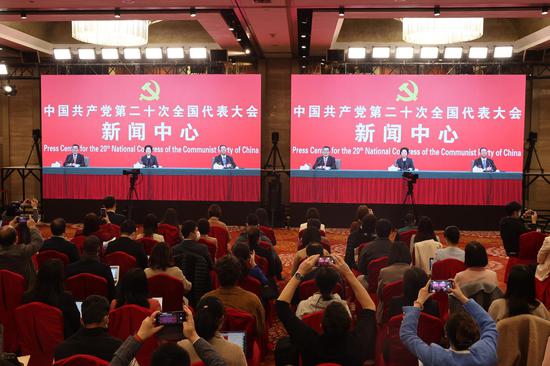


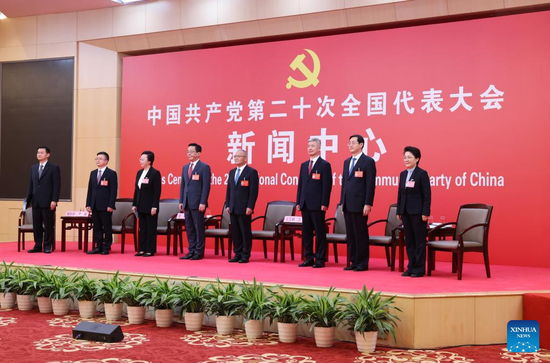



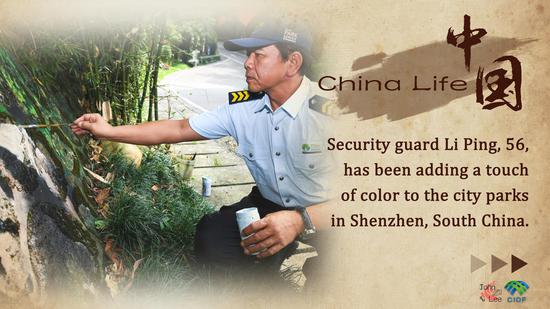





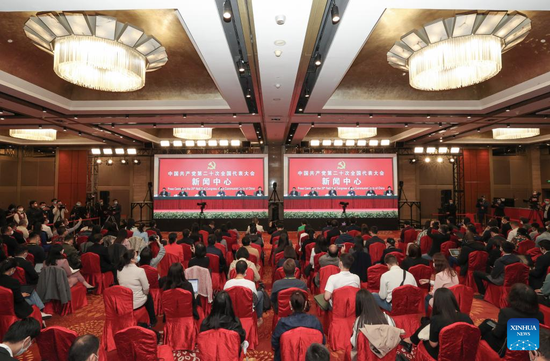
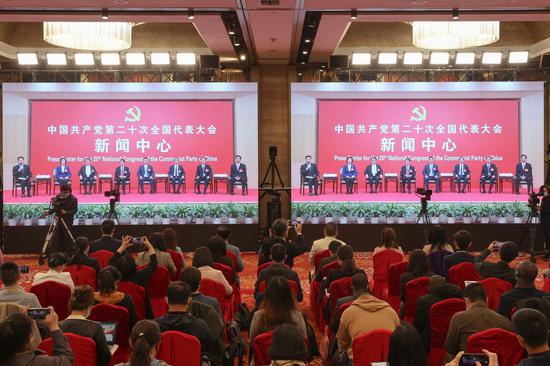
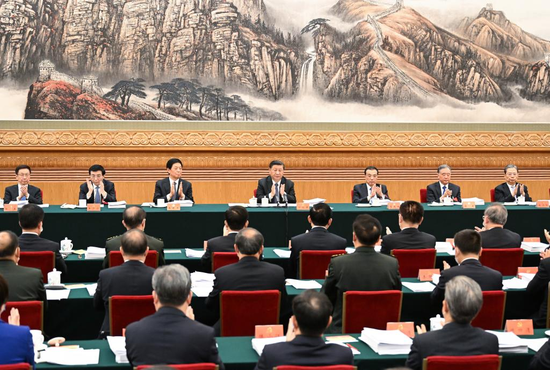
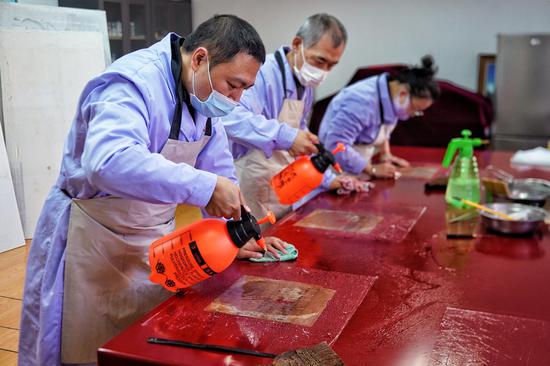



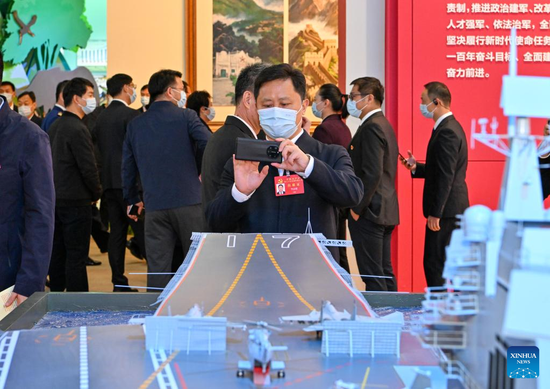

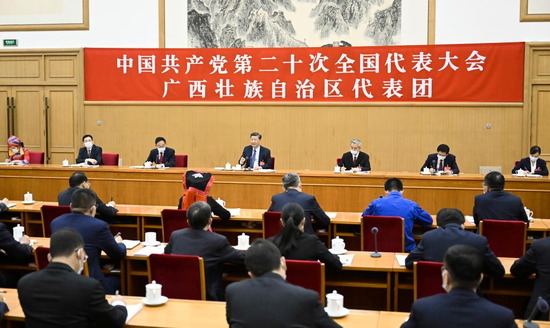





 京公网安备 11010202009201号
京公网安备 11010202009201号